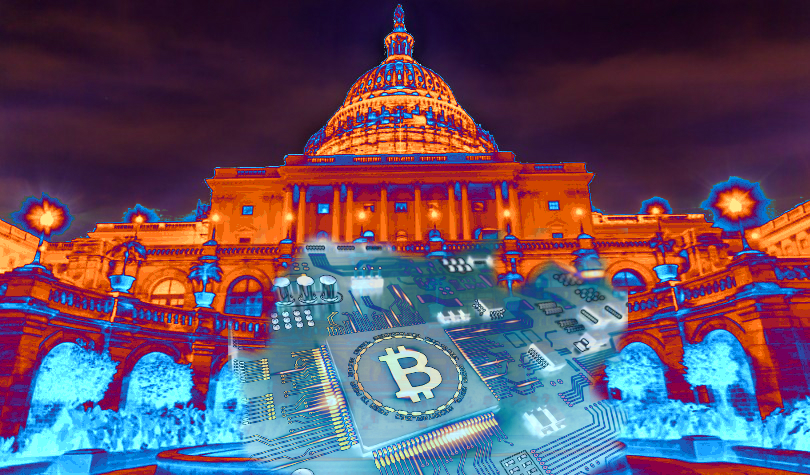

Members of the 116th US Congress have now proposed a total of 32 bills related to cryptocurrency and blockchain technology this year.
They cover a wide range of concerns, possible use cases and new approaches to regulating, integrating and curtailing the use of the emerging technology depending on the players, their activities and their goals.
Citing data from Value Technology Foundation, a non-profit think tank focused on blockchain, Forbes reports that US legislators introduced 12 bills that are expressly designed to curb the use of cryptocurrency in criminal activities like money laundering, terrorism and trafficking.
While cryptocurrency has its early roots tied to the darknet with Bitcoin serving as a popular medium of exchange on the now-defunct Silk Road, it has since evolved, requiring legislation that can support it as well as monitor its use among criminals, tax evaders and adversaries.
One of the proposed laws seeks to address the economic activities of countries, such as Venezuela, that have created their own cryptocurrency to sidestep economic sanctions. Three bills aim to help banks and regulatory agencies identify criminal activities that involve the use of digital currencies.
Lawmakers also submitted 13 bills for the regulation and treatment of digital assets and blockchain. Concerns over Facebook’s Libra project, which planned to roll out a new global currency before pivoting earlier this month to a new goal of launching several different stablecoins pegged to local currencies, led to a barrage of regulatory proposals.
The “Managed Stablecoins are Securities Act of 2019” is an effort to classify Libra and other stablecoins as securities that are regulated by the Securities and Exchange Commission.
Five bills propose the government’s use of blockchain technology. One directs the establishment of a Blockchain Working Group that will recommend a definition of distributed ledger technology and study its potential applications.
The two most recent bills cover the concept of the digital dollar in a bid to ensure faster delivery of the economic stimulus benefits to Americans affected by the coronavirus pandemic.
Featured Image: Shutterstock/Bill Perry/Sashkin